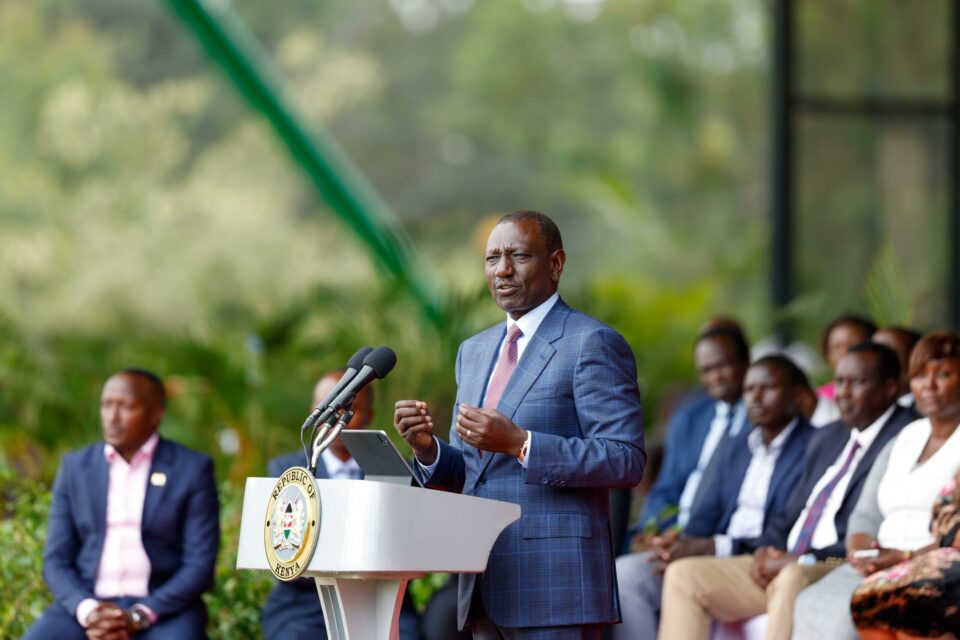By Paul Kimbugwe, Political Analyst
In a stark contrast to their Kenyan counterparts, Uganda’s Generation Z finds itself at a critical juncture, caught between the promise of youth and the constraints of a system that seems designed to limit their political awareness and engagement.

Recent events in Kenya have highlighted a politically astute and active youth population, capable of articulating clear demands for governmental reform. This activism stands in sharp relief against the backdrop of Uganda’s political landscape, where civic education has been systematically removed from curricula at all levels.
The deliberate excision of civic education from primary schools, political education from secondary institutions, and political science from universities has created a knowledge vacuum. This void, some argue, is by design – a strategy to cultivate a populace less equipped to question or challenge governance structures.

While Kenya’s Gen-Z protests against specific policies and demands accountability from their leaders, many of their Ugandan peers struggle with basic understanding of governmental processes and constitutional rights. This disparity is not a reflection of inherent differences between the youth of these neighboring nations, but rather the result of divergent educational and political systems.
The Ugandan government’s approach appears to prioritize entertainment over education in the political sphere. The emphasis on Music, Dance, and Drama (MDD) in schools, while culturally significant, has inadvertently overshadowed critical civic engagement. The rise of musicians in Uganda’s political scene is perhaps a testament to this shift in focus.

Moreover, the digital divide exacerbates this issue. While Kenya’s youth leverage social media for political discourse and organization, many Ugandan Gen-Zers face barriers to internet access due to high costs and infrastructure limitations. The government’s ban on Facebook since the 2021 elections further restricts the flow of information and ideas.
The Uganda Federal Consultative Council (UFCC) proposes a radical overhaul of the system, advocating for a return to a federal structure reminiscent of the 1962 Federal Constitution. They argue that the current constitution, imposed in 1967 and amended in 1995, does not truly represent the will of Uganda’s diverse populace.
The UFCC’s grassroots approach – organizing leadership units at the community level and facilitating civic education – offers a potential path forward. However, the success of such initiatives hinges on the willingness and ability of Uganda’s Gen-Z to engage, learn, and advocate for their future.
As we observe the political awakening of Kenya’s youth, it serves as both an inspiration and a stark reminder of the work ahead for Uganda. The challenge lies not just in changing policies, but in nurturing a politically conscious generation capable of articulating and demanding their rights.

The road ahead for Uganda’s Gen-Z is undoubtedly challenging. It requires not only overcoming educational deficits but also breaking free from the cycles of political manipulation that have long plagued the nation. The first step, as the UFCC suggests, may be in understanding and embracing the concept of federalism as a means to reclaim political power from centralized authority.
In conclusion, while Uganda’s Gen-Z may currently lag behind their Kenyan peers in terms of political engagement, the potential for change remains. The key lies in education, access to information, and the cultivation of a civic culture that encourages questioning and participation. Only then can Uganda’s youth hope to match the political vigor displayed by their neighbors and shape a future that truly reflects their aspirations.



